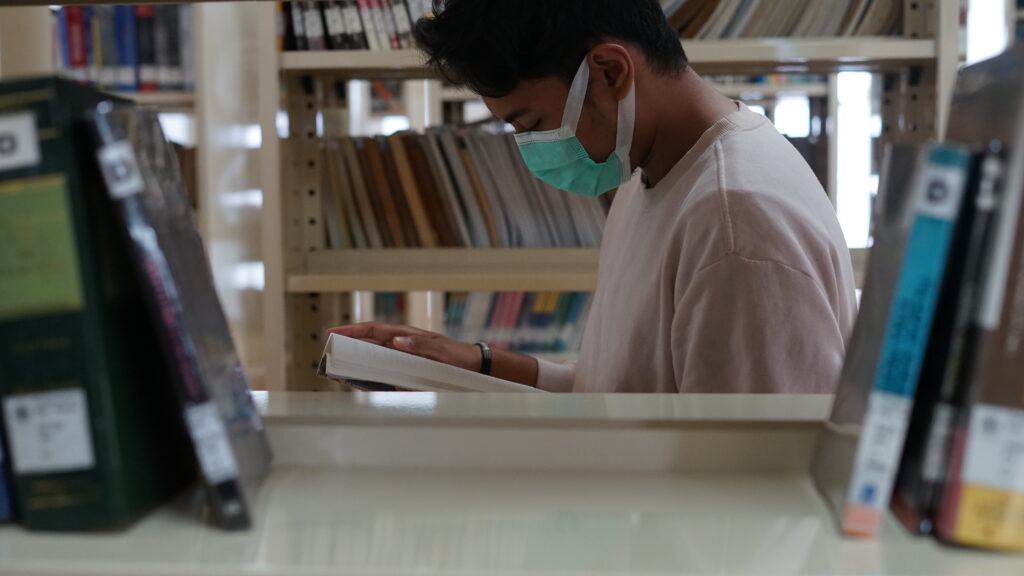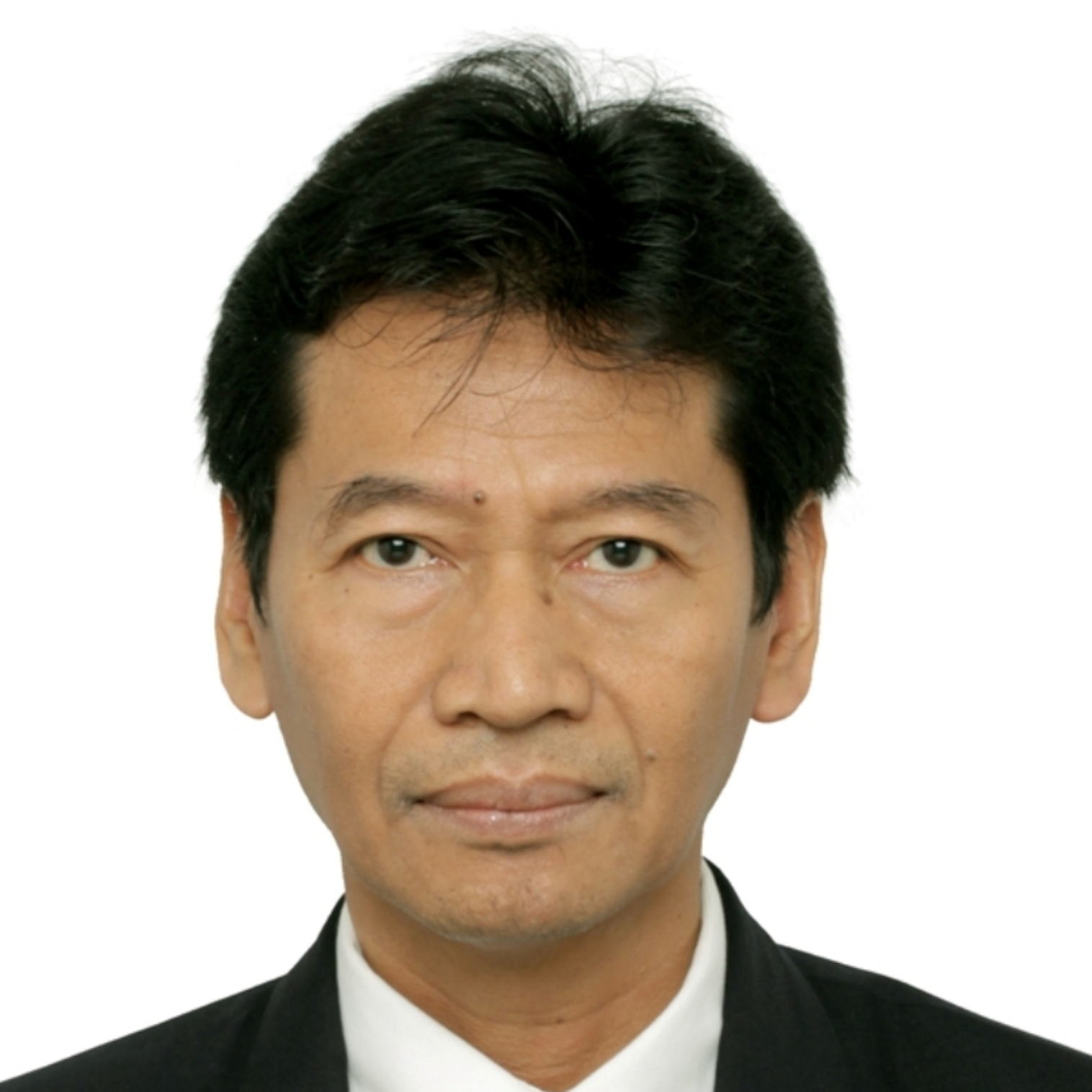Doctoral Program
Ketua Program Studi
Prof. M. Hawin, S.H., LL.M., Ph.D.
- Sekretaris : Dr. Dian Agung Wicaksono, S.H., LL.M.
- Staff : Khairul Triharnanto
- Staff : Zam Basir Angga Wibisono, S.I.Kom.
- Staff : Albait Fikri Fauzi, S.E.
Gedung A, Lantai I, Fakultas Hukum UGM
Doctoral in Law
Doctor in Law Study Program (PDIH) Faculty of Law, Universitas Gadjah Mada (FH UGM) has been held since September 1, 1980 (The academic Year 1980/1981). Initially, it was managed by the Doctor Education Institute of UGM which was under the coordination of the UGM Graduate Faculty. In line with the change in UGM’s status to a State-Owned Legal Entity (BHMN), the Study Program is designed to realize Universitas Gadjah Mada as an international research university based on the Rector Decree Universitas Gadjah Mada Number 89/P/SK/ HT/2006. It is expected that the students will be strong candidates for teaching posts at law schools, as well as for other positions in law and academia.
Vision
Organizing the Study Program that nurtures doctors of law who have integrity, knowledge, and skills to solve legal problems at the local, national, and global levels practically, theoretically, and philosophically.
- Melakukan penelitian filsafati dan teoritis dalam usaha mendalami asas dan teori ilmu hukum untuk mengembangkan konsep dan teori hukum;
- Melakukan pendekatan multidisiplin dalam berkarya di bidang hukum;
- Melakukan pengembangan ilmu sesuai dengan kebutuhan masyarakat;
- Menganalisis dan menjelaskan dengan tepat berbagai masalah hukum sesuai dengan kaidah hukum yang berlaku;
- Mengkomunikasikan dan mengaplikasikan pemikiran serta hasil karyanya kepada masyarakat, baik secara individual maupun kolaboratif.
Learning at PDIH FH UGM is aimed to develop competencies in order to achieve graduate qualifications according to the Indonesian National Qualifications Framework. The main competencies expected of students are:
- The ability to demonstrate Pancasila values and awareness of the interests of the nation and state, as well as exhibiting honesty, responsibility, confidence, emotional maturity, and a commitment to lifelong learning (Attitudes)
- Capable of solving legal issues through interdisciplinary, multidisciplinary, or transdisciplinary approaches, as well as being able to analyze and explain legal knowledge with a philosophical approach relevant to the field of study pursued (Knowledge);
- Capable of conducting research to address a societal issue using interdisciplinary, multidisciplinary, or transdisciplinary approaches, analyzing research results theoretically and philosophically, and presenting them communicatively (General Skills); dan
- Capable of collaborating in research and producing publications together with national and international researchers (Specific Skills).
The graduate profiles of the Doctor in Law Study Program are as follows:
- Academicians who are able to become principal investigators in a study;principal investigator) dalam suatu penelitian;
- Practitioners and researchers who are able to become leaders in their professional organizations; and
- Bureaucrats who are able to become role models for the apparatus.






